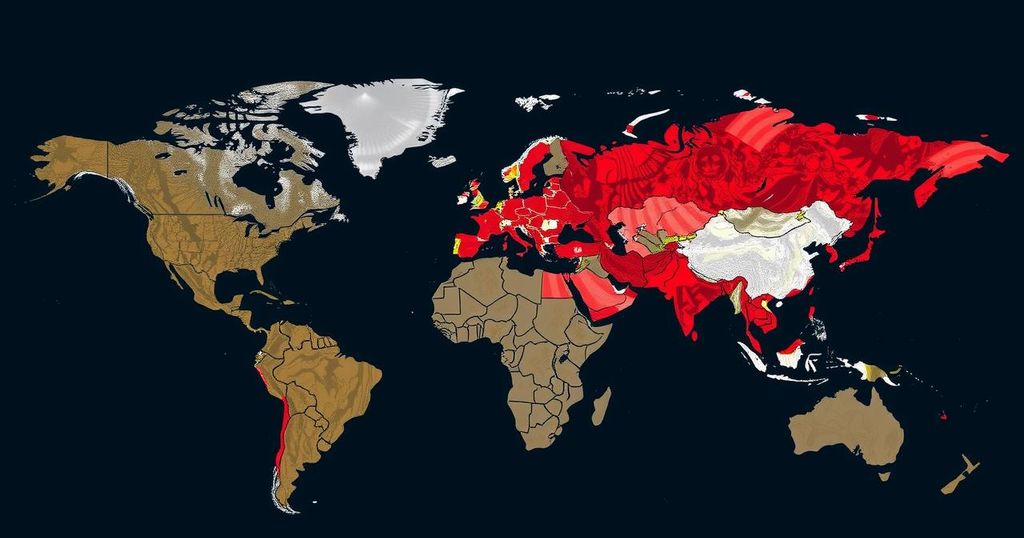World leaders welcomed the ceasefire between Israel and Hezbollah, emphasizing its role in enhancing regional stability and security. U.S. President Biden and French President Macron pledged support for its implementation while promoting a broader peace initiative in the region. The ceasefire receives mixed responses, with some leaders expressing hope for a diplomatic resolution and others cautioning the necessity for ongoing commitment.
World leaders have expressed their approval of the ceasefire agreement between Israel and Hezbollah, which came into effect early Wednesday morning (0200 GMT). U.S. President Joe Biden and French President Emmanuel Macron stated that this ceasefire would enhance Israel’s security against Hezbollah and foster a long-term peace. Both leaders emphasized their commitment to ensuring the ceasefire’s implementation and support for strengthening the Lebanese army as a means to stabilize the region.
Following this, Biden referred to the agreement as “good news,” indicating it as a step towards establishing a broader truce with Hamas in Gaza. Prime Minister Netanyahu thanked Biden for U.S. involvement in the ceasefire negotiations, while reiterating Israel’s intent to maintain its operational freedom in response to any threats.
Lebanese Prime Minister Najib Mikati welcomed the ceasefire as a crucial move toward regional stability, expressing gratitude to both the U.S. and France for their efforts in this regard. Iran, supporting Hezbollah and Hamas, viewed the ceasefire positively, deeming it a cessation of Israeli aggression. European leaders, including German Foreign Minister Annalena Baerbock and British Prime Minister Keir Starmer, likewise recognized the ceasefire as a crucial diplomatic achievement aimed at delivering relief to civilians and advancing the prospect of lasting peace.
U.N. officials acknowledged the ceasefire but cautioned that ongoing commitment would be necessary from both parties to achieve meaningful progress. The overall atmosphere surrounding the ceasefire indicates a collective hope for improved security and stability in the region, contingent upon significant follow-up efforts.
The recent ceasefire between Israel and the Lebanese militant group Hezbollah is a pivotal development amidst ongoing regional conflicts. Given the historical tensions involving these entities and the broader implications of their dynamics, this ceasefire marks a significant step towards potential regional stabilization. Leaders from major world powers, including the U.S. and France, are actively engaged in efforts to bolster peace and security in Lebanon, reflecting the international community’s interest in mitigating violence and fostering diplomatic resolutions in the area affected by the Israeli-Palestinian conflict as well as Lebanese instability.
In summary, the ceasefire between Israel and Hezbollah has been widely welcomed by global leaders as a significant diplomatic achievement aimed at enhancing security in Lebanon and mitigating threats from militant groups. Despite this positive development, the commitment and cooperation from both sides remain imperative for realizing lasting peace. The involvement of international powers in supporting Lebanese military capacities demonstrates a collective aim for stability in the region, though future efforts will need to focus on concrete implementations of this agreement.
Original Source: www.hurriyetdailynews.com






